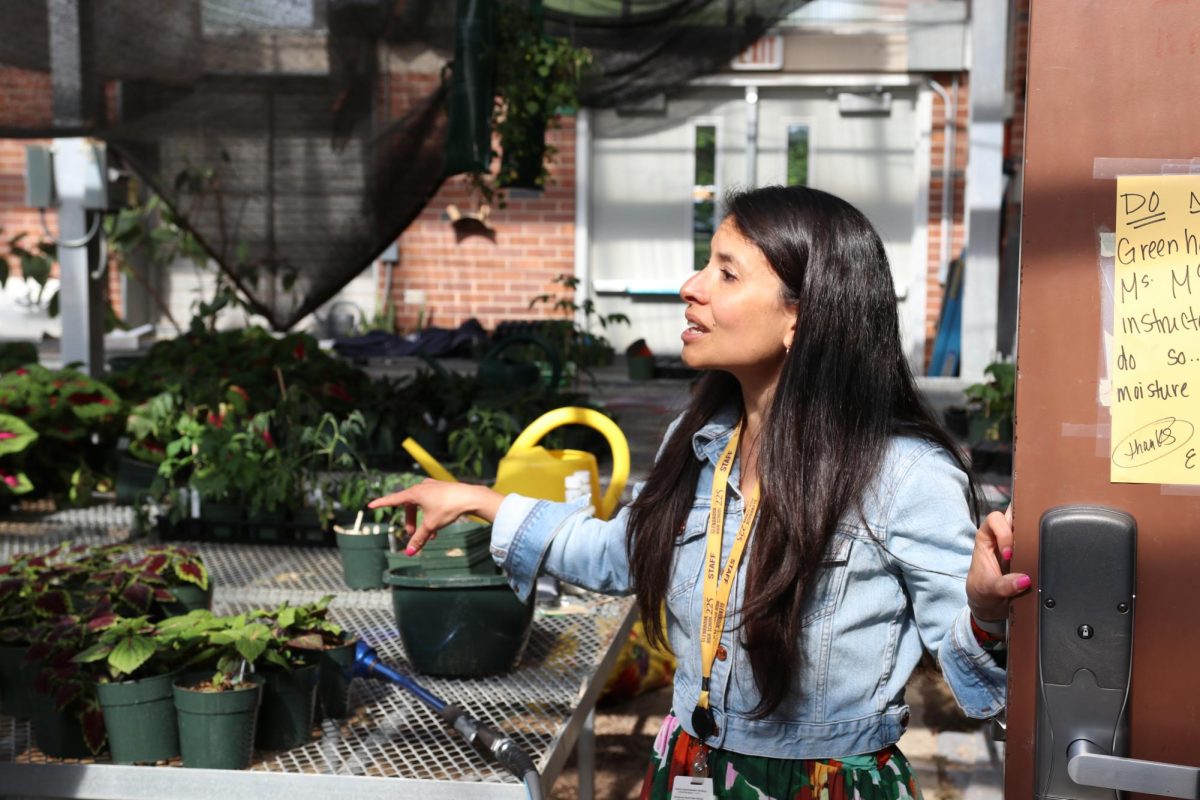Shortly before 5 p.m. on Dec. 14, Iranian radicalist Man Haron Monis entered a chocolate cafe in downtown Sydney, Australia with gun in hand.
In what would be a 17-hour hostage standoff, the so-called “Sydney Siege” gunman held 17 captured at Lindt Chocolat Café. Monis was eventually confirmed to have killed two—34-year-old cafe manager Tori Johnson and 38-year-old lawyer Katrina Dawson—and left four injured.
Monis, 50, died upon police intervention. Once a Shiite cleric in Iran, in 1996 Monis was granted political asylum in Australia, and since then has faced multiple run-ins with the law. His past charges include sending offensive letters to deceased Afghanistan veterans, over 40 incidents of sexual assault and accessory to murder of his ex-wife. He was granted bail and awaited trial for the latter.
Although Australian Prime Minister Tony Abbott believed the siege to be an “isolated incident,” according to a detailed recount of the happenings inside the café published by The Guardian, Monis had declared his presence to be a terrorist attack in name of the self-proclaimed Islamic State. He also issued three demands, none of which were met: In addition to a live broadcast phone conversation with Prime Minister Abbott, Monis also requested an official declaration by the government that he was acting on behalf of the Islamic State and an Islamic State banner to hang in exchange for hostages.
But while this blurry moment of terror in Sydney may be the act of just one madman, a fervent lobbyer against the Australian government, its repercussions are clear.
First, Australia’s Muslim community reacted vehemently against notions that this scene was truly representative of the larger Islamic faith and community. According to SBS World News, the online Twitter hashtag #illridewithyou surged online as a movement to help accompany Muslim women fearing for their safety walking in public streets.
Second, the Australian government was quick to react with new anti-terrorism laws for the nation. According to The New York Times, the new laws include an “offense to advocate terrorism; [banning] Australians from going to fight overseas; [allowing] authorities to confiscate…passports; and [providing] for the sharing of information” between security and defense. Counterterrorism sweeps were conducted in addition across the country.
Monis’s actions this week also point to a larger world issue: how to deal with terrorism in the context of the world’s most pressing jihadist group, the Islamic state, without turning democracies into police states. Australia could set a baseline for other nations facing the same threat, but the potential for Western governments to become overbearing is soon to be more prevalent.







